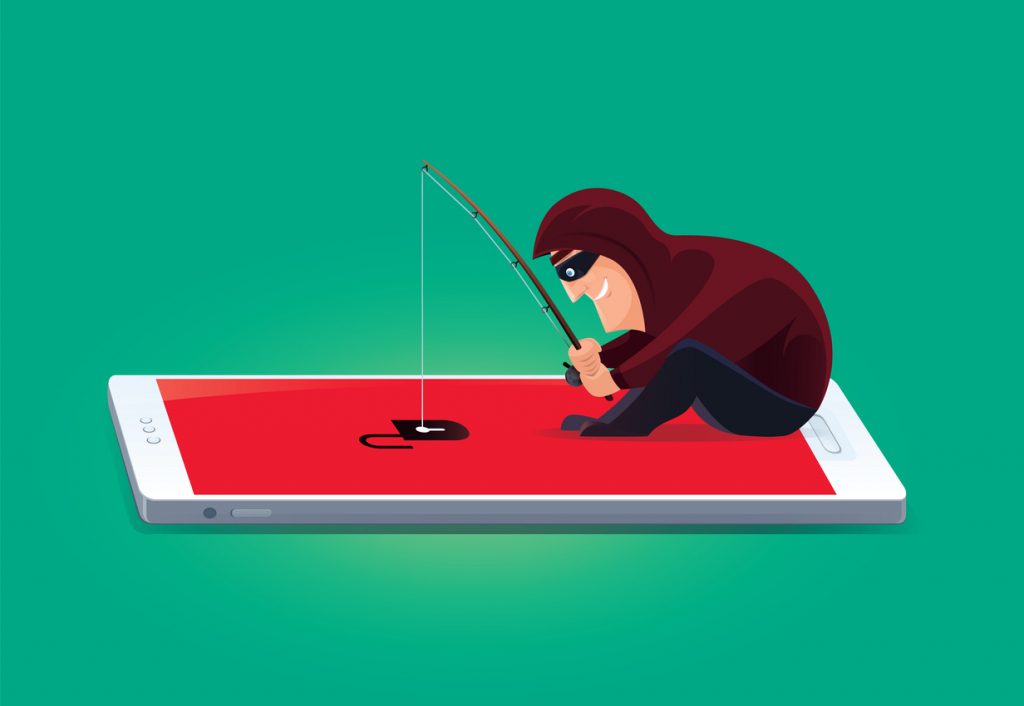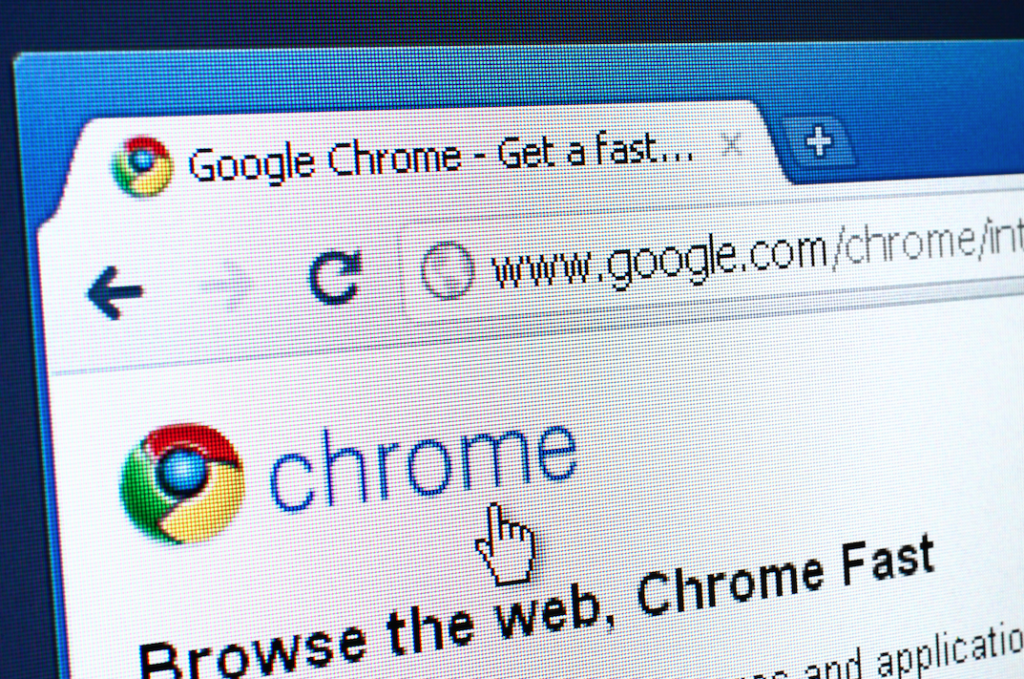June 19th, 2022
We aren’t the only ones trying to blow the whistle, raise the flag, and holler from the hilltops. NPR and the Washington Post are sounding the alarm, too: App-builders are finding ways to track your kids, even though they know they’re not supposed to. On a recent episode of NPR’s Fresh Air, Washington Post columnist Geoffrey Fowler explained just how tech companies exploit loopholes in privacy laws to gather data on kids.
Continue reading >
June 8th, 2022
You already know that your iPhone isn’t really off when its screen is dark. It wouldn’t be able to buzz when someone calls you if it were. But did you know that “powering down” doesn’t really do the trick, either? Bluetooth and other features continue operating in low-power mode. Researchers now warn that can leave you open to hackers.
Continue reading >
May 26th, 2022
A win for privacy: Twitter will pay a $150 million settlement for deceptive advertising practices. According to the Department of Justice and Federal Trade Commission, the social media platform (and object—maybe?—of Elon Musk’s eye) illicitly used email addresses and phone numbers to better target the advertisements users see in their feed.
Continue reading >
April 28th, 2022
Citing security concerns, Google is encouraging everyone who uses the company’s Chrome browser to upgrade to the latest version of the software. The new version addresses some 30 security fixes. That’s important. If you’re a Chrome user, upgrade now. For more information, read here and here.
Continue reading >
March 2nd, 2022
We’re going to lose it with the EARN IT Act. Let us explain.
The Senate is currently considering the Eliminating Abuse
and Rampant Neglect of Interactive Technologies Act (EARN IT), a bill presented
as essential to the protection of children from online sexual predators and
abuse. Needless to say, we can all agree that children deserve that kind of
protection.
The thing is, existing federal, state and local laws already provide that protection. Still, what’s… Continue reading >
February 24th, 2022
A little relief from cross-app tracking? Maybe. It’s not all tech-doom and gloom here on Privacy Parent.
As noted by PC Magazine, Google has just announced it will no longer allow cross-app tracking on Android phones, which make up 71 percent of smartphones. In the ongoing effort to keep at least some of your personal digital information to yourself and out of advertisers’ hands, that’s good news. Google is hardly faultless, but this… Continue reading >
January 26th, 2022
Blockchain has become a household name and a pop-culture staple. And yet, for many, it’s still a mystery.
In its simplest form, blockchain is a digital ledger. It keeps track of transactions and creates a permanent record of digital activity, leaving no dispute as to who owns something or to whom ownership has been transferred in the past. But blockchain isn’t the item, but it is an essential part of the package because it… Continue reading >
January 17th, 2022
It’s your phone and it’s your information. Increasingly, hanging onto your privacy is your call. The most recent updates to iPhone and Android operating systems allow you greater control over what data the apps on your phone can collect. Here’s how to dial up your privacy settings.
A little background
Just about all apps gather information about you. Some gather a lot, some just a bit. Even seemingly innocuous apps can… Continue reading >
January 11th, 2022
The Council of the European Union, the European Commission, and the European Parliament adopted the GDPR (General Data Protection Regulation) to protect people’s personal data and privacy when visiting a website. Through the GDPR, websites are now required to disclose to users when cookies are employed to track their digital footprint and allow users to opt out. Most users find it cumbersome to complete the process and disregard the option. There is also regulation that… Continue reading >
November 11th, 2021
Never forget a face, sure, but what about hundreds of millions of faces? Meta, the newly rechristened parent company of Facebook, Instagram, and WhatsApp, recently announced plans to deactivate its facial recognition software.
That’s good news for anyone with an interest in preserving their privacy, but Meta was hardly the only tech giant turning our faces into data points to be stored, bought and sold. The Great Digital Experiment continues to unfold.
Continue reading >











